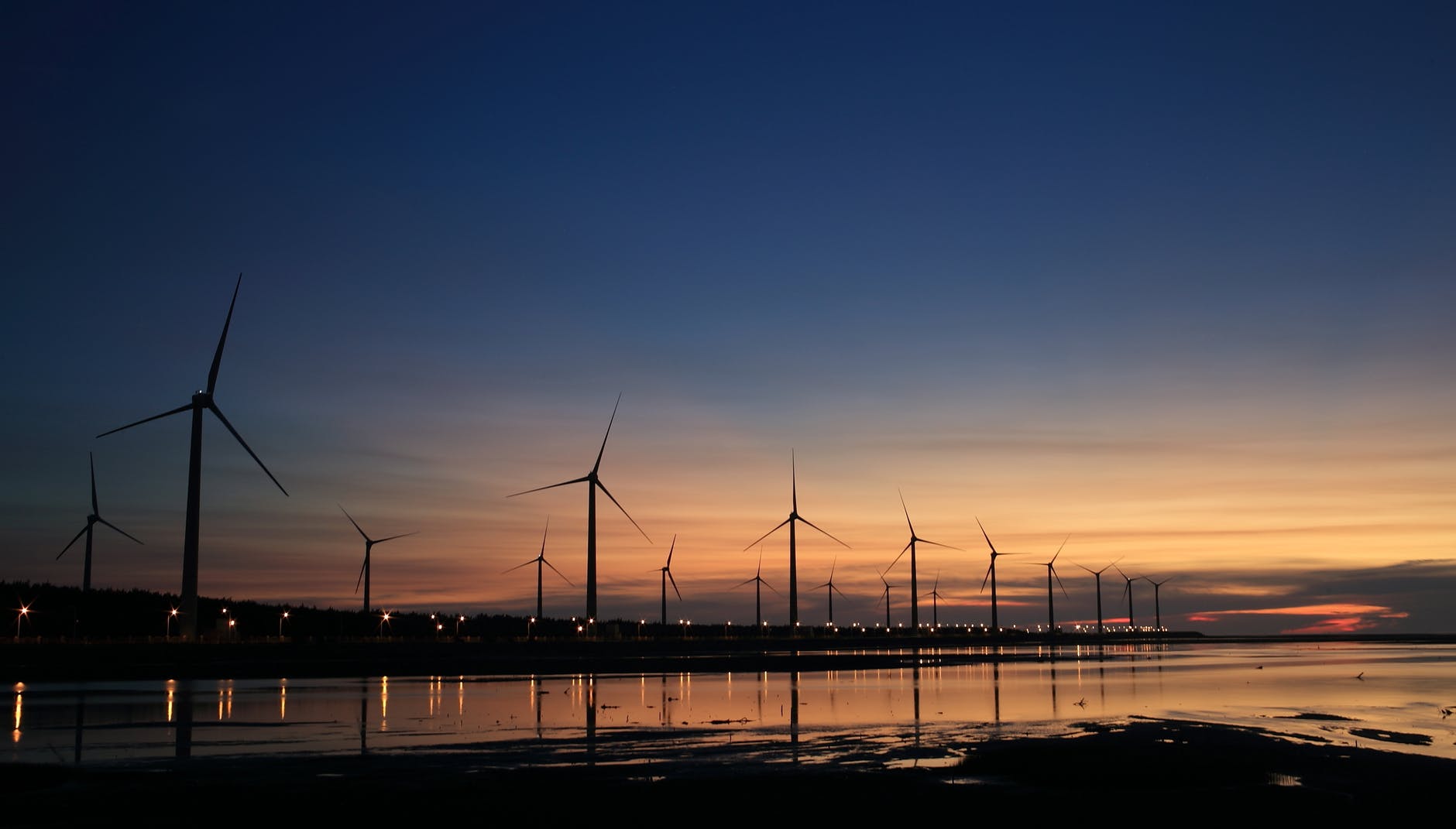To some, the notion that saving energy is beneficial to the environment may be extremely obvious. However, other individuals, while they may have heard about it in the past, may not entirely understand how that’s possible. Texas Electricity Ratings is here to shed some light on that, so let’s dive into the matter.
Keep Climate Change at Bay By Protecting the Atmosphere
In order for plants to create electricity, most of them burn fossil fuels, such as oil or coal. This is quite a cheap way of obtaining energy, which is why most plants prefer it. However, it is by no means perfect, as it produces carbon dioxide, and other byproducts.
The issue with this is that carbon dioxide is a greenhouse gas, which means that when it finds its way into the atmosphere, it absorbs the warmth of the sun, keeping its heat around us. While when this occurs naturally, it is beneficial, and, in fact, imperative for life on Earth, when too much carbon dioxide is present, too much heat is present as well. Of course, one of the effects of greenhouse gas emissions is a higher temperature, which can lead to drought. In addition, this may lead to sea levels that are higher, as well as to weather patterns that are outright abnormal. Smog and acid rain can be another effect of this type of emission.
If more and more people try to use less energy, the amount of electricity power plants have to create will be reduces, which will result in a reduction of the fossil fuels being burned.
Keep Natural Resources Around
Since fossil fuels were just mentioned, it’s important to talk about the fact that they are a finite resource, which means if we keep using them, they are going to run out at some point. Now, when people reduce their use of energy, by doing simple things, such as turning off the lights when they’re no longer using them, or washing their clothes with cold water, they are contributing to a lower use of fossil fuels, which means that they are ultimately contributing to conserving them.
There is another reason why it’s important to consider keeping natural resources around as much as possible, and avoiding wasting them. Since these resources are finite, the more they are used, the less of them there will be. This, in turn, will result in an increased cost to the consumer. Simply put, the less fossil fuels there are, the more you will have to pay for them.
Save the Animals
When too much energy is being used, more and more fossil fuels have to be extracted. This, on top of using up finite resources like it was just mentioned, also harms ecosystems through mining and logging, or other types of material extractions. When this takes place, many animals lose their home, and end up making their way into areas populated by humans, where they often either die, or are sent off somewhere else. In addition, they lose their source of food, which can, again, either result in them starving, or going into villages or cities.
Not only this, but the pollution caused by the burning of fossil fuels also leads to animals and plants dying out much faster than they would naturally.
In addition, oil spills, which can and do happen quite often when fossil fuels are transported, kill loads of underwater animals and plants. Not only this, but they also render the water unsafe for people to swim.
Now, while the EPA does have regulations when it comes to chemical dumping, which are meant to reduce their amount, this doesn’t mean that the toxic waste that comes from the creation of energy simply disappears. In fact, power plants that use coal to function are the biggest contributor to toxic water pollution in the U.S, as they throw away billions and billions of tons of toxic waste.
There are many ways in which you can reduce your energy consumption. You can go off grid if that’s something you like, but if it feels too difficult to you, you don’t have to go to that extreme. You can still get solar energy and other alternative sources of energy to replace some of your regular energy consumption. In fact, you can still contribute to the saving of the environment if you don’t do this, by being more mindful of how you use the energy in your home. Simple things, like turning off the TV when you’re not watching it, unplugging appliances that are not being used and turning off the lights when you walk out of a room can have a huge impact on the world.
Related Posts
Hi there! I’m Sethu, your go-to guy for all things tech, travel, internet, movies, and business tips. I love sharing insights and stories that make life more interesting. Let’s explore the world together, one article at a time!











